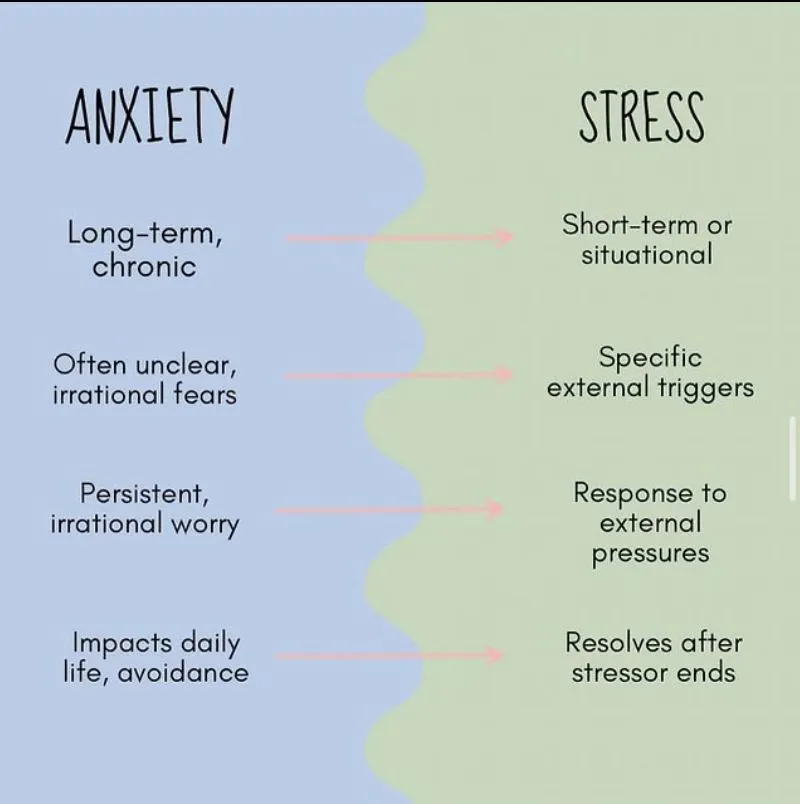Research shows that 15 minutes of laughter provides the same cardiovascular benefits as 30 minutes of exercise, while releasing endorphins and reducing cortisol by up to 39%. In a world where therapy waitlists are long and stress is chronic, laughter offers immediate, accessible healing that costs nothing but transforms everything—from your brain chemistry to your heart health.
The Most Accessible Medicine You've Been Overlooking
In a world where therapy rooms have waiting lists, stress is chronic, and rest feels rare, we often overlook one of the most powerful and free healing tools available to us: laughter. Not the polite smile or half-hearted chuckle, but deep, honest, belly-hurting, can't-breathe kind of laughter that changes your brain chemistry in real time. Research from the VA's Whole Health Library shows that laughter activates the mesolimbic dopaminergic reward system, floods your body with endorphins, and can relax your muscles for up to 45 minutes afterward. While we invest in supplements, therapy sessions, and wellness programs—all valuable in their own right—we're sitting on a therapeutic goldmine that requires nothing more than the willingness to find joy in the moment.
How Laughter Literally Rewires Your Brain for Healing
The Neurochemical Cascade of Joy
When you laugh deeply, your brain undergoes a remarkable chemical transformation. Case Western Reserve University research shows that laughter triggers the release of dopamine (improving cognitive function and memory), serotonin (regulating mood), and endorphins (nature's own antidepressants). Perhaps most importantly, laughter decreases cortisol—the stress hormone that fuels anxiety and burnout—by up to 39%. That moment after great laughter when the world feels lighter isn't imagination; it's your brain being neurologically rewired toward optimism and resilience.
Pain Relief Through Natural Opioids
One of laughter's most remarkable effects is its ability to provide genuine pain relief. Studies published in peer-reviewed journals show that sustained laughter for 20-30 minutes releases endogenous opioids—your body's natural morphine—that can reduce both physical and emotional pain. This effect is amplified when laughter occurs in positive social settings, making shared humor doubly therapeutic.
Cognitive Enhancement Through Humor
Research involving older adults found that watching just 20 minutes of humorous content led to measurable improvements in cognitive function, including learning ability, delayed recall, and visual recognition. Laughter appears to enhance mental flexibility and problem-solving abilities by creating what researchers call 'cognitive loosening'—a state where the mind becomes more open to creative connections and new perspectives.
Your Heart's Best Friend: The Cardiovascular Benefits of Laughter
Exercise in Disguise
Laughter provides genuine cardiovascular exercise without the treadmill. Henry Ford Health research shows that when you laugh, your heart rate increases and you take deep breaths, circulating more oxygenated blood throughout your body and improving vascular function. Studies indicate that 15 minutes of laughter provides similar cardiovascular benefits to 30 minutes of moderate exercise, while also decreasing the risk of heart attacks through improved blood flow.
Blood Pressure and Circulation Improvement
Research published in medical journals demonstrates that laughter-induced vasodilation leads to improved blood flow in healthy individuals and significantly increases brachial artery blood flow in patients with chronic heart failure. Regular laughter helps lower blood pressure, reduces arterial stiffness, and can protect against cardiovascular disease through multiple physiological pathways.
Natural Heart Attack Prevention
Studies show an inverse relationship between coronary heart disease and propensity to laugh—meaning people who laugh more have lower heart attack risk. During cardiac rehabilitation, patients with higher laughter frequency experience fewer episodes of arrhythmias and recurrent heart attacks, suggesting that humor may be one of the most enjoyable forms of cardiac medicine available.
The Full-Body Workout You Didn't Know You Were Getting
Laughter engages your entire physical system in ways that promote healing and vitality. It stimulates your diaphragm and lungs, improving oxygen intake and essentially giving your respiratory system a workout. The physical act of laughing massages internal organs, can burn up to 40 calories in 10 minutes, and releases physical tension throughout your body. University research shows that a good laugh can leave your muscles relaxed for up to 45 minutes afterward—providing natural stress relief that rivals expensive spa treatments. It's exercise for your soul and your stomach muscles, combining the benefits of aerobic activity with the joy of genuine human connection.
Emotional Release: When Joy Breaks Through the Heaviness
Life holds immense seriousness—grief, anxiety, work pressure, unspoken fears. Laughter doesn't erase these realities, but it widens the window around them, giving you space to breathe even in difficult times. Research from PMC medical journals shows that laughter acts as an emotional release valve, providing temporary respite from stress while building long-term resilience. It reminds us that we're still human, still capable of joy and connection no matter how heavy life feels.
When your heart hurts, laughter doesn't minimize the pain—it creates space for healing by demonstrating that multiple emotional states can coexist.
The Social Medicine: How Shared Laughter Heals Communities
Laughter as Infectious Healing
Research consistently shows that laughter is contagious—you're many times more likely to laugh around others than when alone. This social aspect plays a crucial role in laughter's therapeutic benefits. Shared humor strengthens relationships, builds trust, and creates psychological safety. Most therapeutic laughter doesn't come from prepared jokes but from genuine moments of connection with friends, family, or even strangers.
Breaking Isolation Through Joy
In an era of increasing social isolation, laughter serves as a bridge between people. It dissolves barriers, reduces social anxiety, and creates instant moments of human connection. Studies show that people who regularly share laughter with others have stronger immune systems, lower rates of depression, and greater resilience to life stressors. Laughter literally bonds people together through synchronized brain activity and shared positive emotions.
Workplace and Healthcare Applications
Medical research shows that appropriate humor in healthcare settings improves patient outcomes, increases treatment compliance, and reduces anxiety about medical procedures. In workplace environments, laughter reduces tension, improves team cohesion, and can increase productivity while decreasing burnout. The therapeutic applications of humor extend far beyond individual wellness into community and institutional healing.
Creating Space for Intentional Laughter
You Don't Have to Wait for Funny
Research shows that even simulated or forced laughter provides many of the same physiological benefits as spontaneous laughter. Georgia State University studies found that incorporating simulated laughter into exercise programs improved both mental health and physical endurance in older adults. You can create space for laughter the same way you schedule sleep or nutrition—by making it a priority rather than waiting for it to happen accidentally.
Practical Laughter Integration
Simple ways to add therapeutic laughter include watching comedy shows, sharing funny memories with friends, trying laughter yoga classes, or even just laughing at other people's jokes whether you find them funny or not.
Small daily stressors can be significantly reduced through regular humor breaks, and the cumulative effect builds over time.
Laughter as Strength, Not Escape
Choosing to laugh isn't about avoiding serious issues or pretending everything is fine—it's about building resilience and maintaining perspective. Laughter is strength in motion, resilience made visible. It's therapy without the couch, medicine without side effects, and healing that's immediately accessible regardless of your circumstances or resources.
The Compound Effect: Why Laughter Keeps Getting Better
Unlike many interventions that require increasing intensity to maintain benefits, laughter becomes more effective over time. As you build a practice of finding humor and joy in daily life, your brain develops stronger neural pathways associated with positive emotions and stress resilience. Research suggests that people who regularly incorporate laughter into their lives develop what scientists call 'humor resilience'—the ability to find lightness even during difficult circumstances. This isn't about toxic positivity or forced happiness; it's about developing the emotional flexibility to access joy alongside whatever else you're experiencing. In the middle of all your healing routines—the supplements, the journaling, the therapy sessions—don't forget to laugh. Not because it changes the world, but because it changes you. Laugh like it's therapy, because in more ways than we realize, it truly is.





